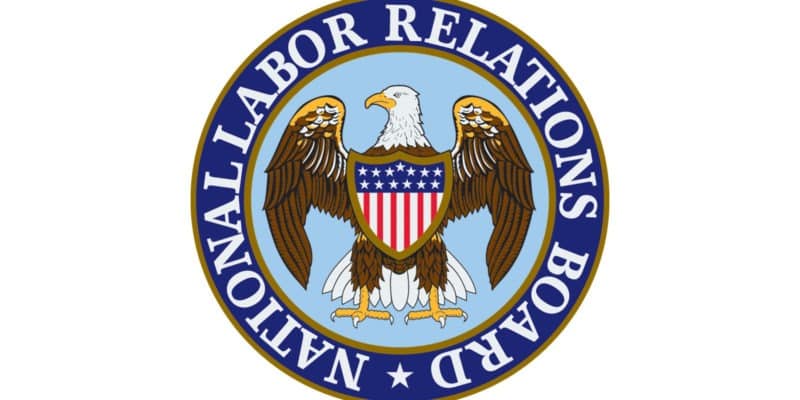July 6, 2016
By Lawrence E. Dubé
July 5 – The National Labor Relations Board is preparing to report alleged labor law violations by government contractors named by regional directors in unfair labor practice complaints, the agency disclosed in a memorandum to its field offices.
Associate General Counsel Anne Purcell wrote July 1 in Memorandum OM 16-23 that the NLRB will ask charged employers to provide information that could identify them as federal contractors.
When an employer is named in an unfair labor practice complaint, the NLRB will report the information to a federal database to comply with the Fair Pay and Safe Workplaces executive order President Obama signed on July 31, 2014.
The executive order requires the NLRB and other agencies to assist contracting agencies and officials in assessing labor law violations by employers with government contracts valued at more than $500,000.
The NLRB won’t forward information to the database if an employer settles or resolves an unfair labor practice case before the issuance of a complaint.


